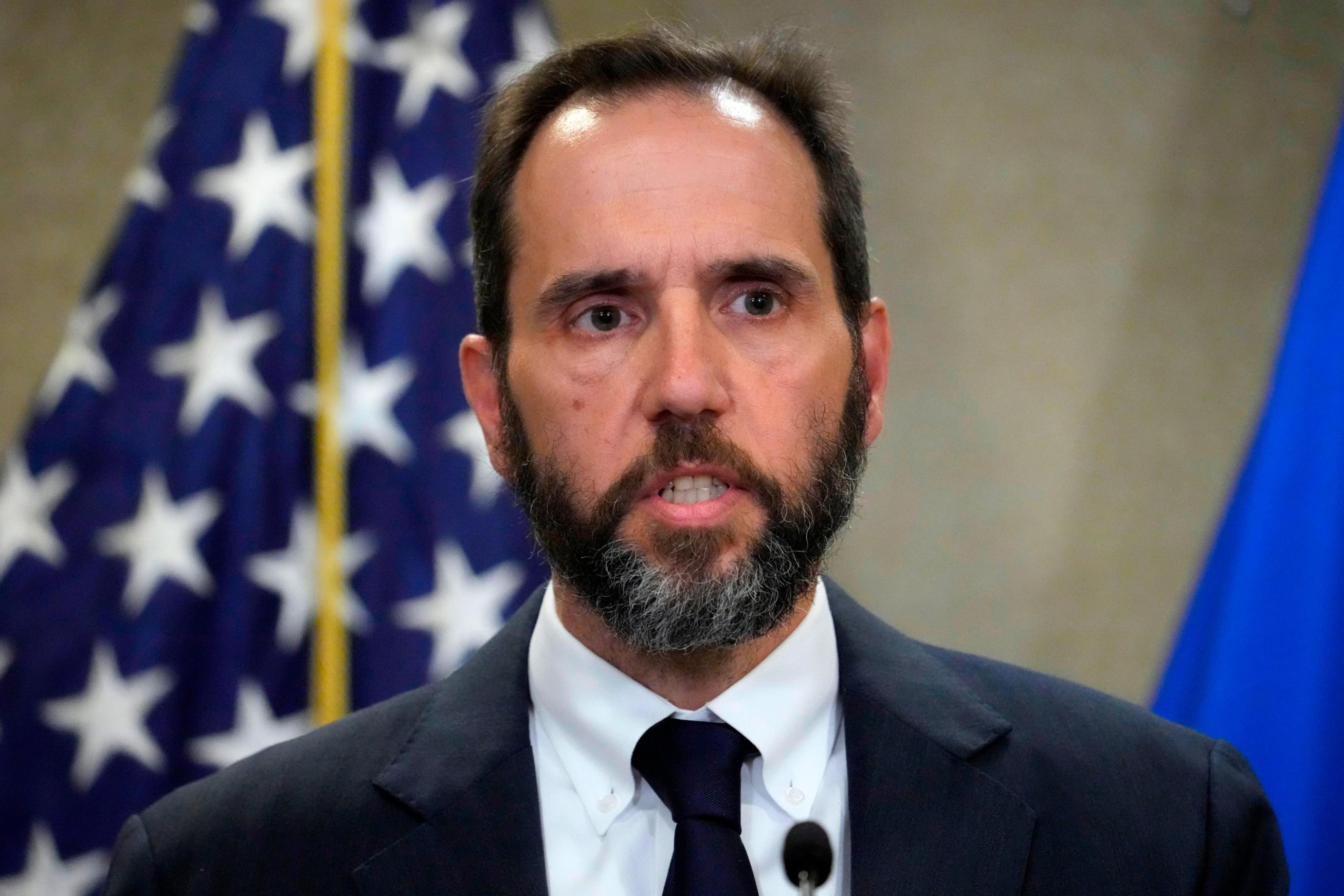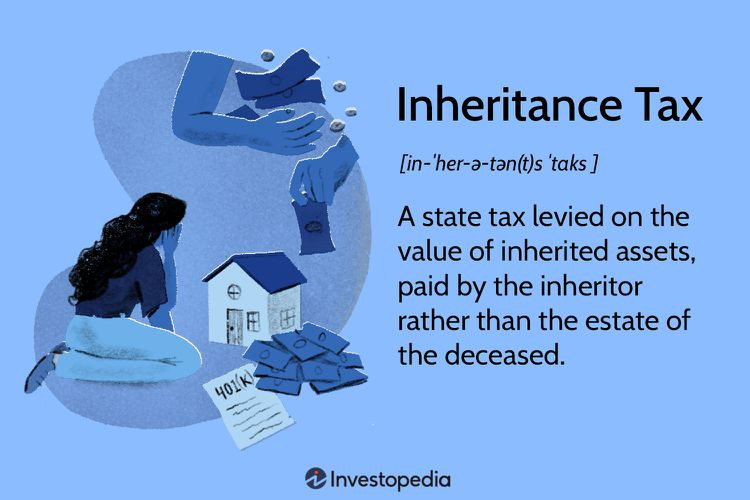Climate Change Is Making Home Insurance Unaffordable: Is the Future Uninsurable?
As storms get more extreme and unpredictable, many insurers are realizing that the math just isn’t working anymore. The financial toll of climate-related disasters is skyrocketing, with insurers paying billions in claims for wildfires, hurricanes, floods and other calamities exacerbated by global warming.
Climate Risk Data Is Educating - and Dividing - Home-Owning Americans
The accuracy of climate risk data is crucial, as homeowners increasingly face the double-edged sword of greater insight into their individual risk, coupled with fears over the potential cost implications. For example, the new Federal Emergency Management Agency (FEMA) flood zone maps that took effect in July mean an estimated 80,000+ properties in Broward County, Florida, alone have a new designation – one that could carry new requirements and impact the cost of residents’ flood insurance. This has triggered a backlash due to concerns over potential insurance premium hikes.
The state of Oregon, facing similar challenges with wildfire risk, is now redrawing wildfire hazard maps after a previous effort was abandoned due to fear and vitriol over home insurance rates. A new state law now formally bars insurers from using state maps as a basis for cancelling or increasing a homeowner insurance policy. This illustrates the tension between using data to inform risk assessment and the potential for backlash from homeowners who fear being unfairly penalized.
The Insurance Industry Is Turning Its Back on Fossil Fuels
The insurance industry, traditionally a pillar of risk management for businesses across the globe, is increasingly turning its back on the oil and gas sector. This shift is not just a fleeting trend but a deliberate and necessary response to the profound risks that fossil fuel companies pose.
Insurers are realizing that continued underwriting of oil and gas companies would be enabling the very activities that are fuelling climate-related disasters. This is an unsustainable contradiction, as they pay out claims for climate-related damages while simultaneously providing financial protection to the companies causing those damages.
The global shift towards renewable energy, driven by both policy and market forces, is making oil and gas investments increasingly risky. The concept of “stranded assets” — fossil fuel reserves that cannot be profitably extracted as the world moves towards carbon neutrality — is becoming a reality. As governments and companies accelerate the transition to clean energy, the value of oil and gas assets is plummeting.
Insurers, whose survival depends on accurately assessing long-term risks, are right to distance themselves from a dying industry. The transition to renewable energy is inevitable, and insurers must align their portfolios with the future, not the past.
The Debate: Is the Future Uninsurable?
The “uninsurable future” crowd, mainly on the left, argues that insurers are unwilling or unable to serve the needs of consumers, necessitating government intervention. They point to the increasing severity of natural catastrophes, especially flooding, and the financial burden on insurers as evidence of an unsustainable situation.
However, proponents of the insurance industry argue that the data does not support the assertion that the industry is not up to the task of insuring risks exacerbated by climate change. They highlight the industry’s resilience in the face of past crises, such as the great liability crisis of the 1980s, the 9/11 terrorist attacks, and the 2005 hurricane season, demonstrating their ability to adapt and bounce back. They also point to the increasing role of third party capital and alternative insurance products, like catastrophe bonds, which have significantly expanded the industry’s capacity to manage risk.
The debate over the future of insurance highlights a complex interplay of economic, environmental, and political forces. While the insurance industry is facing unprecedented challenges, it’s too early to declare the future uninsurable. The industry has shown a remarkable ability to adapt to change, and the emergence of new technologies and innovative products could provide solutions to the challenges posed by climate change. Ultimately, a combination of private sector innovation, government regulation, and public awareness will be critical in navigating this complex issue and ensuring the continued availability and affordability of insurance for homeowners and renters.
A New Era of Risk Management
The future of insurance will require a new era of risk management, one that acknowledges the reality of climate change and adapts to its evolving consequences. This will involve a combination of strategies:
- Investing in Data and Analytics: The insurance industry needs to invest in better data and analytics to more accurately assess climate-related risks. This will involve leveraging new technologies, such as artificial intelligence and machine learning, to develop more sophisticated risk models.
- Developing New Products and Services: Insurers need to develop new products and services tailored to the specific risks associated with climate change. This could include climate-resilient insurance policies, risk mitigation services, and tools to help homeowners prepare for and adapt to climate-related events.
- Partnering with Governments and Communities: Insurers need to work more closely with governments and communities to address climate-related risks. This could involve supporting policies that promote climate resilience, investing in infrastructure projects that reduce vulnerability to natural disasters, and working with community groups to raise awareness about climate change.
The challenges posed by climate change are significant, but they also present opportunities for innovation and progress. By embracing a new era of risk management, the insurance industry can play a vital role in helping communities adapt to the changing climate and build a more resilient future.

















